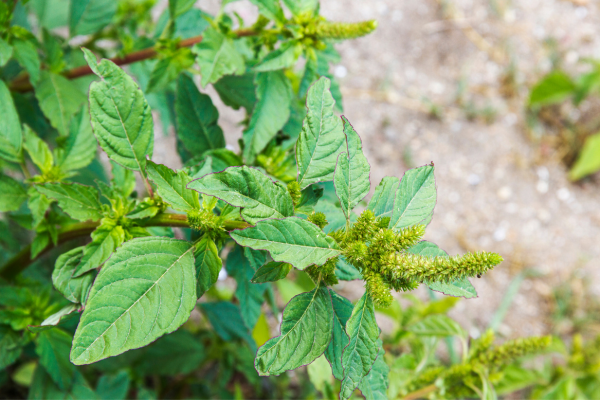Farmers everywhere are trying to stop the spread—of weeds.
The problem is as old as farming itself, but is getting worse as weeds develop resistance to popular herbicides like glyphosate and dicamba.
The crummy culprits? Kochia, waterhemp, and giant ragweed are at the top of the list. These weeds are overpowering the chemicals that used to be able to poison them.
The pigweed problem: In the Corn Belt, some pigweeds threaten to take up to 100% of the yields if left untreated. The most lethal pigweeds are Palmer amaranth in the southern part of the Corn Belt and waterhemp, which affects the central region.
Prolific pigweeds: A pigweed plant can produce more than 500K seeds, which are viable for long periods of time.
Soundbite: “It only takes one year for these pigweeds to produce so much seed that it populates a field that might need five to 30 years of management before we can really knock that population back.” — Bill Johnson, weed science professor, Purdue
Killer kochia: Kochia (aka tumbleweed when it’s all dried out) can lower crop yields by 70% or more. It can make harvest almost impossible if it takes over a field.
What’s next? Weed management has to extend beyond herbicides. Cover crop management and tillage should be incorporated to lower weed populations.
Some good news: Bayer is working on new herbicides. Nearly a year ago, it announced a partnership with Kimitec to speed up its process.

